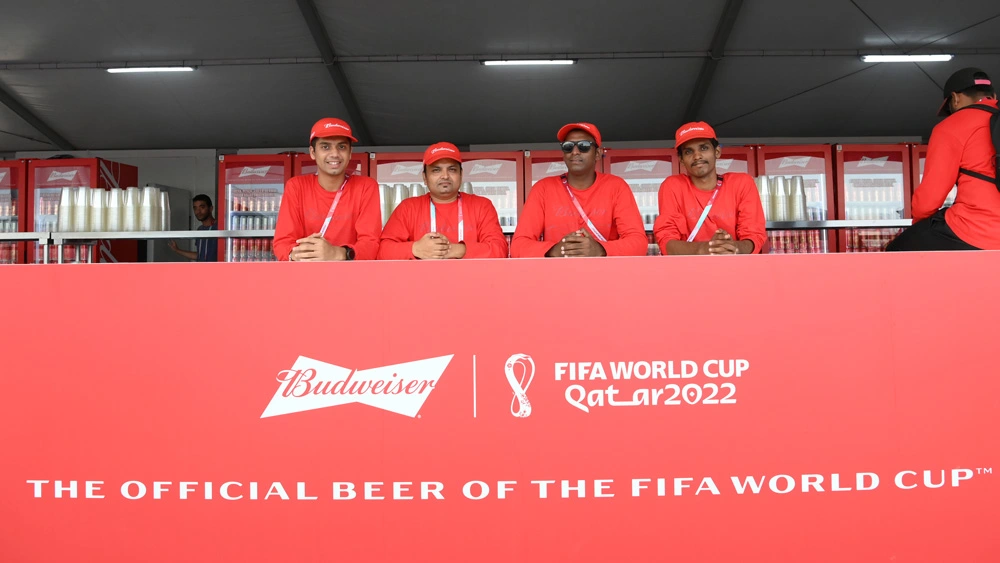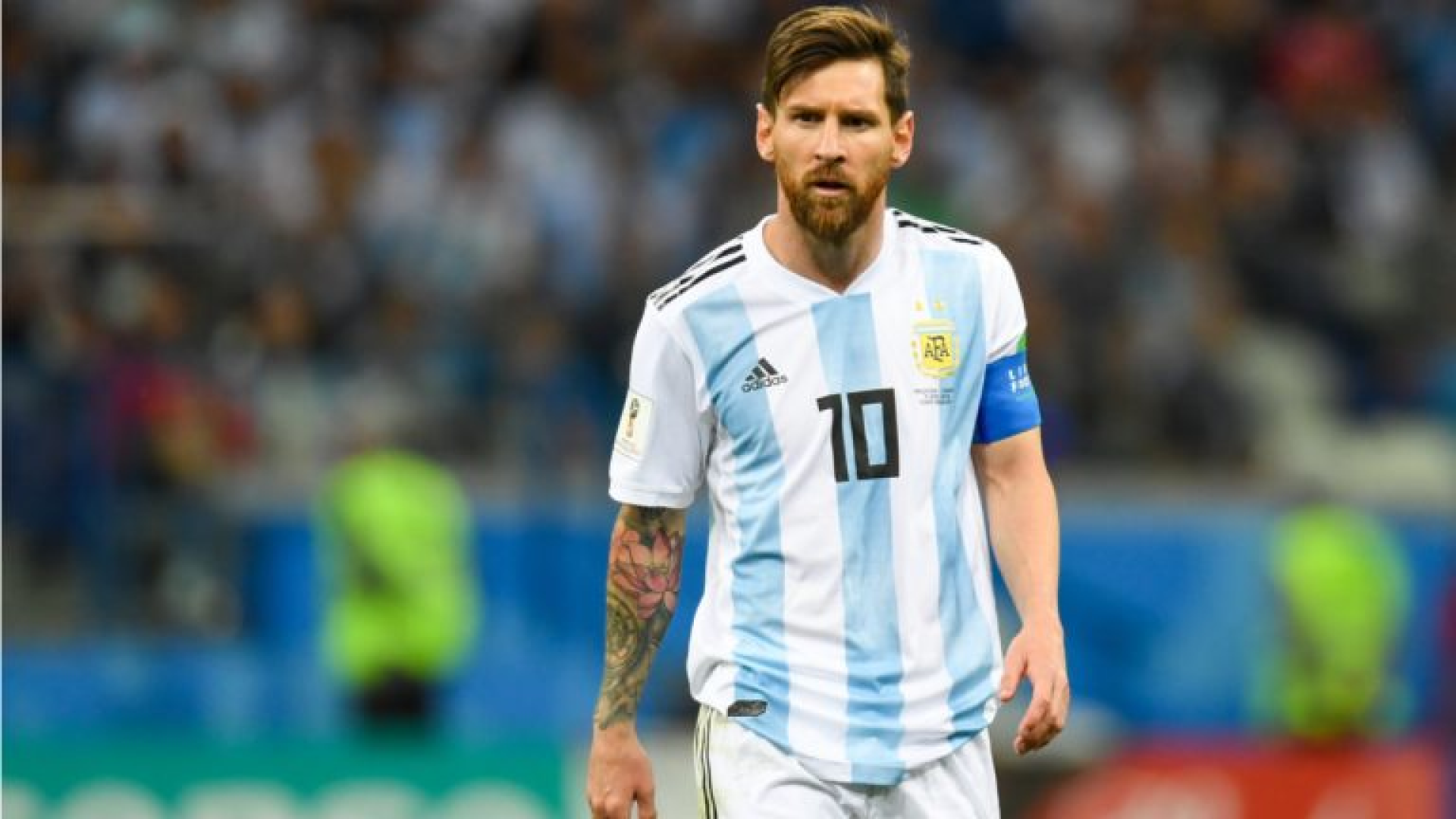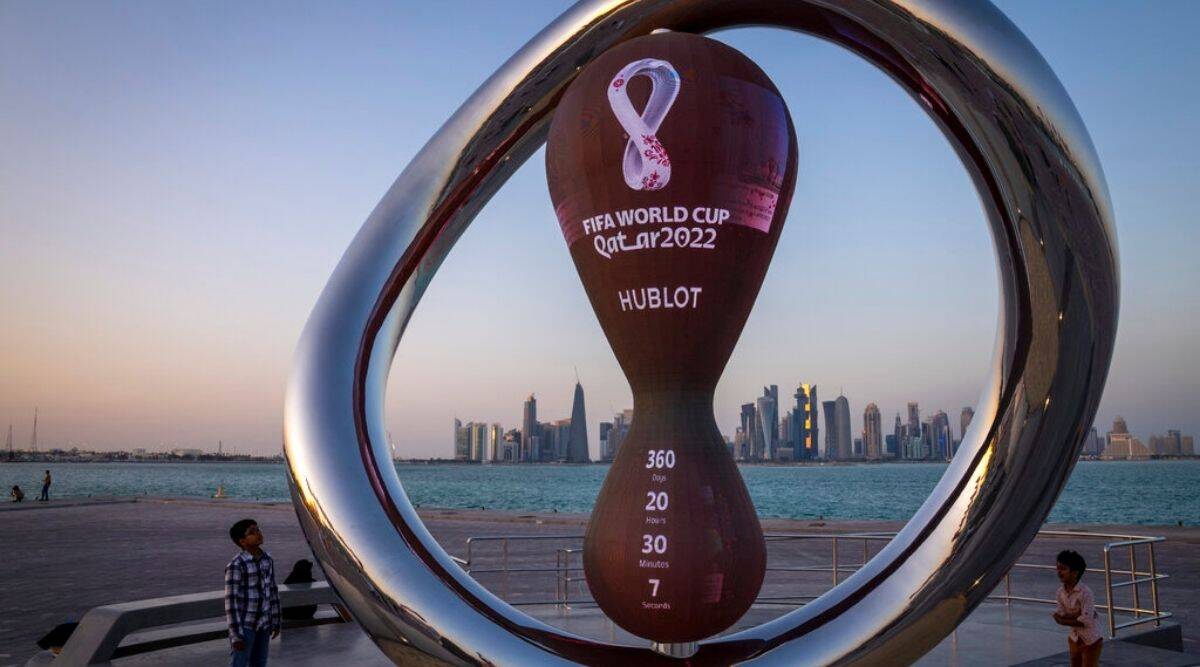FIFA has confirmed that World Cup fans will be banned from drinking alcohol on the pitch in a major and unprecedented move just two days before the tournament in Qatar begins.
Fifa confirmed in a brief statement on Friday afternoon that it will not be sold in or near stadiums.
It said: “Following discussions between the host country authorities and FIFA, the decision has been taken to concentrate the sale of alcoholic beverages at the FIFA Fan Festival, other fan clubs, and authorized venues, and to remove beer sales from the Qatar World Cup stadiums in 2022.”
“Bud Zero sales will not be affected because it will continue to be available in all Qatar World Cup stadiums”
Budweiser’s parent company, AB InBev, pays tens of millions for the exclusive rights to sell beer at every World Cup. The company’s collaboration with FIFA began at the 1986 tournament.
When news of the ban broke on Friday, Budweiser’s official Twitter account briefly read: “Well, it’s inconvenient.” The post was removed soon after.
When Qatar, a conservative Muslim country where alcohol and homosexuality are both widely illegal, launched its bid to host the World Cup, the country agreed to honor FIFA’s business partners and re-sign contracts after a 2010 vote.
The World Cup in Brazil forced the government to change a law that allowed the sale of alcohol in stadiums.
AB InBev’s contract with FIFA was extended in 2011—following the controversial selection of Qatar as host—for a two-tournament package until 2022. However, the Belgium-based brewer has faced uncertainty in recent months over the exact details of where it can serve and sell beer in Qatar.

The Wall Street Journal reported on Friday that just two days before the global sporting extravaganza is set to begin, organizers announced that beer would not be sold at soccer stadiums.
Previously, FIFA had said that beer would be sold outside the stadiums before and after matches. But now you’ll have to crack open a cold one at hotels and the FIFA Fan Festival, which is separate from the stadiums.
“Following discussions between host country authorities and FIFA, a decision has been made to focus the sale of alcoholic beverages on the FIFA Fan Festival, other fan destinations, and licensed venues, removing beer sales points from Qatar’s FIFA World Cup 2022 stadium perimeters,” FIFA said.
The question of how alcohol would be served during the World Cup has been open-ended for years, with Qatar being a conservative Muslim country where alcohol is not widely available. The World Cup, however, is quite the opposite, with revelers from all over the globe enjoying a beer—or two, or three, or more—during the matches.
Budweiser, the official beer sponsor of the World Cup, spends $75 million every four years to hold that title, which allows it to be the only beer sold at official venues. This year, though, it’ll only be able to sell its nonalcoholic options. However, those who’ve shelled out for seats in stadiums’ luxury suites—with ticket packages running into the five figures—will have the chance to imbibe since alcohol will be available in those settings.
The unexpected sight shocked many fans, not necessarily because of the announcement itself but because the organizers of the World Cup had not received clear communication beforehand. “Some fans like beer at the game, some don’t, but the real issue is the last-minute U-turn, which speaks to a wider issue—full communication and clarity from the organizing committee and supporters,” he said. a football supporters’ organization based in the United Kingdom.
This is also a sign of the new oppression that is happening this month. In addition to these new alcohol restrictions, journalists covering the tournament have already been harassed and censored by Qatari authorities. And long before that, human rights groups, including Amnesty International, shed light on the violent conditions migrant workers faced during the construction of stadiums where matches are held. The events certainly do not help Qatar’s goal of using the tournament to boost its image on the world stage.





Leave a Reply